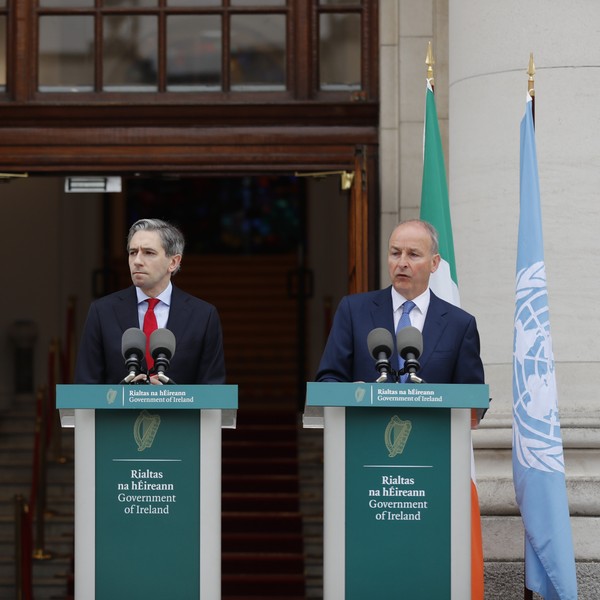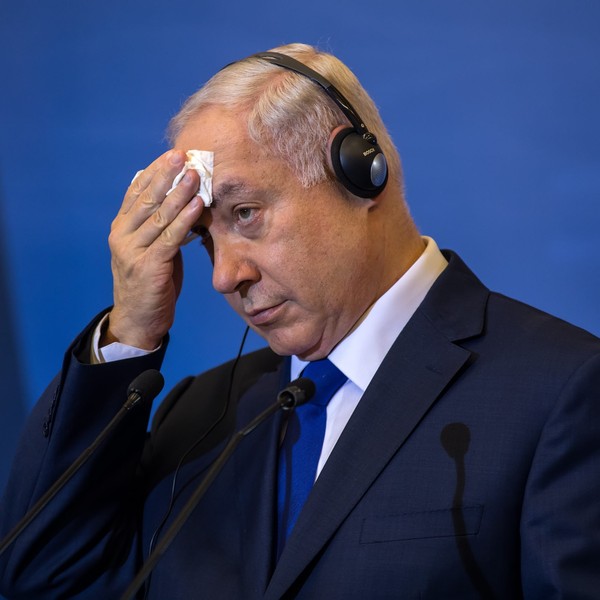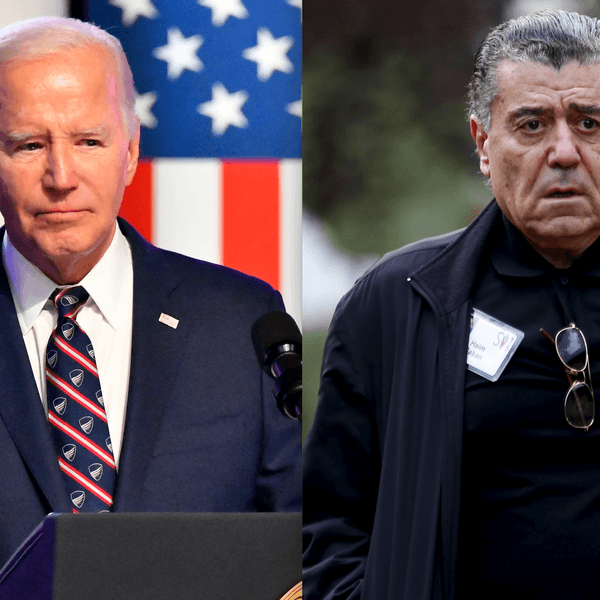Politico appears to have ended, or is trying to hide, a sponsorship deal between Lockheed Martin, the largest weapons manufacturer in the United States, and its popular newsletter National Security Daily. Evidence that the relationship had ever existed at all then vanished from Politico’s website.
Since late March, Lockheed had been listed as a sponsor of the daily newsletter — a popular read among Washington’s foreign policy elite that previously went by the name Morning Defense. Prior to that, the sponsor was Northrop Grumman, America’s third-largest weapons manufacturer.
On the morning of August 16, Quincy Institute senior adviser and Responsible Statecraft contributor Eli Clifton called attention to this relationship in the context of the withdrawal from Afghanistan in a tweet that then went viral; the sponsorship was also a subject of mockery on Reddit. The Monday edition of National Security Daily that was released that afternoon no longer listed Lockheed as the sponsor, and neither have all subsequent editions of the newsletter published since that date.
Moreover, Lockheed’s sponsorship also disappeared from all previous editions of the newsletter in Politico’s archives. But internet archiving tools show that the sponsorship was still listed prior to August 16.
One example is the May 10 edition of Morning Defense. Before August 16, “Presented by Lockheed Martin” appeared beneath the headline and byline. Halfway down the page, two Lockheed advertisements could also be found, one promoting its F-35 fighter aircraft as the “cornerstone of the U.S. Air Force fighter fleet.”
But now, neither the sponsorship nor the advertisements appear on the page. The same pattern emerges for all editions of the newsletter dating back to at least March if not before, and no editorial note is attached recognizing or explaining the change.
There is clear evidence that August 16 was the decisive date. The Lockheed sponsorship was still present on the August 13 and August 11 editions of the newsletter prior to that afternoon; later that evening, they had disappeared from both.
Some of these changes were originally reported by Heavy.com on August 17, although that report only mentioned three editions of the newsletter, missing that the sponsorship had disappeared from all of those dating back to March.
It’s possible the sponsorship ended coincidently. It’s also possible Politico may have made a technical error, rather than deliberately attempting to scrub any evidence of its prior relationship with Lockheed from the internet.
Nonetheless, anyone who stumbles upon past editions of the newsletter today would have no way of knowing that the relationship between Politico and Lockheed existed at the time of publication, or in fact at all. At a moment of serious introspection about American foreign policy— and the ways in which the defense industry has long exercised an outsized influence in Washington — Politico appears to have tried to wash its hands clean.
Neither Politico or Lockheed returned multiple requests for comment clarifying whether their relationship had in fact ended, or whether the removal of Lockheed’s sponsorship from previous editions of National Security Daily was deliberate or a mistake.















